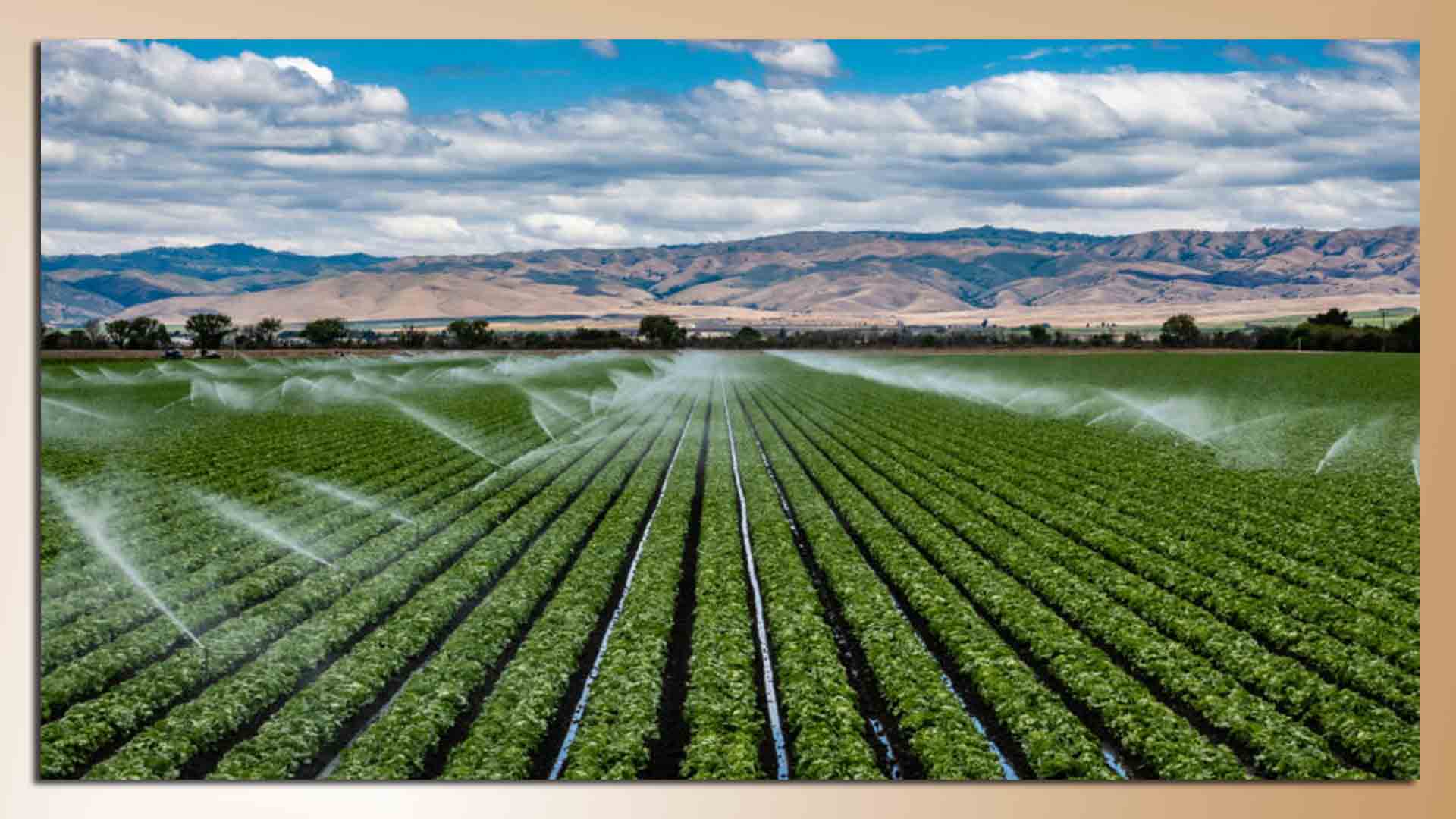

 Optimizing Water Use in Agriculture
Optimizing Water Use in Agriculture
Water is a critical resource for agriculture, serving as the lifeblood of crop and livestock production. As the global population continues to grow, the demand for food increases, putting additional pressure on water resources. Effective water management in agriculture is essential to ensure food security, protect ecosystems, and maintain sustainable agricultural practices. This article explores the importance of water management, current challenges, and innovative strategies to optimize water use in agriculture.
The Importance of Water Management in Agriculture
Water management in agriculture involves the planning, developing, and managing of water resources to maximize crop yield and minimize environmental impact. Proper water management is crucial for several reasons:
1. Maximizing Crop Yields: Adequate water supply is essential for plant growth. Water management ensures that crops receive the right amount of water at the right time, which is critical for maximizing yields.
2. Conserving Water Resources: Agriculture is a major consumer of freshwater, accounting for about 70% of global freshwater withdrawals. Efficient water use helps conserve this precious resource, ensuring its availability for other uses and future generations.
3. Reducing Environmental Impact: Over-irrigation can lead to waterlogging, soil erosion, and salinization, while under-irrigation can cause drought stress and reduce crop productivity. Balanced water management helps mitigate these negative environmental impacts.
4. Economic Efficiency: Efficient water use reduces the costs associated with water pumping and irrigation infrastructure, increasing the profitability of agricultural operations.
Current Challenges in Agricultural Water Management
Several challenges complicate effective water management in agriculture:
1. Climate Change: Increasing temperatures, changing precipitation patterns, and extreme weather events like droughts and floods affect water availability and distribution. This unpredictability makes it difficult for farmers to plan irrigation schedules.
2. Water Scarcity: Many regions face severe water scarcity due to over-extraction of groundwater, depletion of surface water sources, and competition among agricultural, industrial, and domestic users.
3. Infrastructure Issues: In many developing countries, outdated or inadequate irrigation infrastructure leads to significant water losses. Modernizing these systems is often costly and logistically challenging.
4. Policy and Governance: Inadequate water management policies, poor enforcement of regulations, and lack of coordination among water users can lead to inefficient water use and resource depletion.
Innovative Strategies for Water Management in Agriculture
Addressing these challenges requires innovative strategies and technologies that promote efficient water use. Here are some of the most promising approaches:
1. Precision Agriculture: Precision agriculture uses technology such as soil moisture sensors, weather forecasting, and satellite imagery to monitor and manage water use accurately. This data-driven approach helps farmers apply the right amount of water at the right time, reducing waste and improving crop yields.
2. Drip Irrigation: Drip irrigation delivers water directly to the plant roots through a network of tubes and emitters. This method significantly reduces water loss due to evaporation and runoff, making it one of the most water-efficient irrigation techniques.
3. Rainwater Harvesting: Collecting and storing rainwater for agricultural use can supplement irrigation needs, especially in arid regions. Rainwater harvesting systems can range from simple barrels to complex catchment and storage systems.
4. Soil Management: Improving soil health and structure can enhance its water-holding capacity. Practices such as cover cropping, reduced tillage, and organic amendments help maintain soil moisture and reduce the need for irrigation.
5. Integrated Water Resource Management (IWRM): IWRM promotes coordinated development and management of water, land, and related resources. It involves stakeholders from various sectors to ensure sustainable water use that balances economic, social, and environmental needs.
6. Policy Reforms: Governments can implement policies that promote efficient water use, such as pricing mechanisms that reflect the true cost of water, incentives for adopting water-saving technologies, and regulations to prevent over-extraction of groundwater.
Conclusion
Effective water management in agriculture is vital for sustainable food production and environmental conservation. By adopting innovative strategies such as precision agriculture, drip irrigation, rainwater harvesting, soil management, and integrated water resource management, farmers can optimize water use, enhance crop yields, and build resilience against climate change. Collaboration among policymakers, researchers, and farmers is essential to develop and implement solutions that ensure the sustainable use of water resources for future generations.